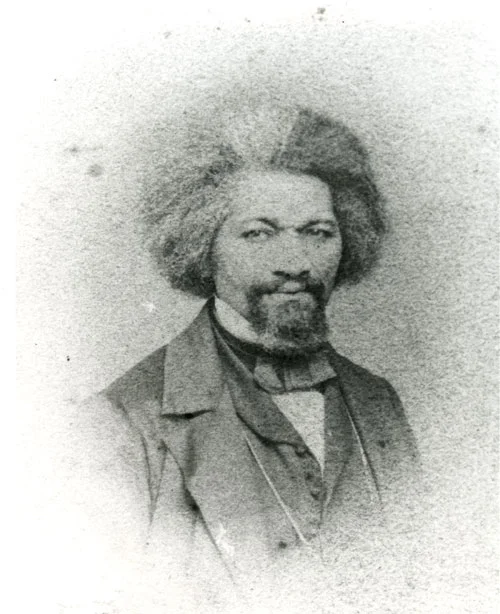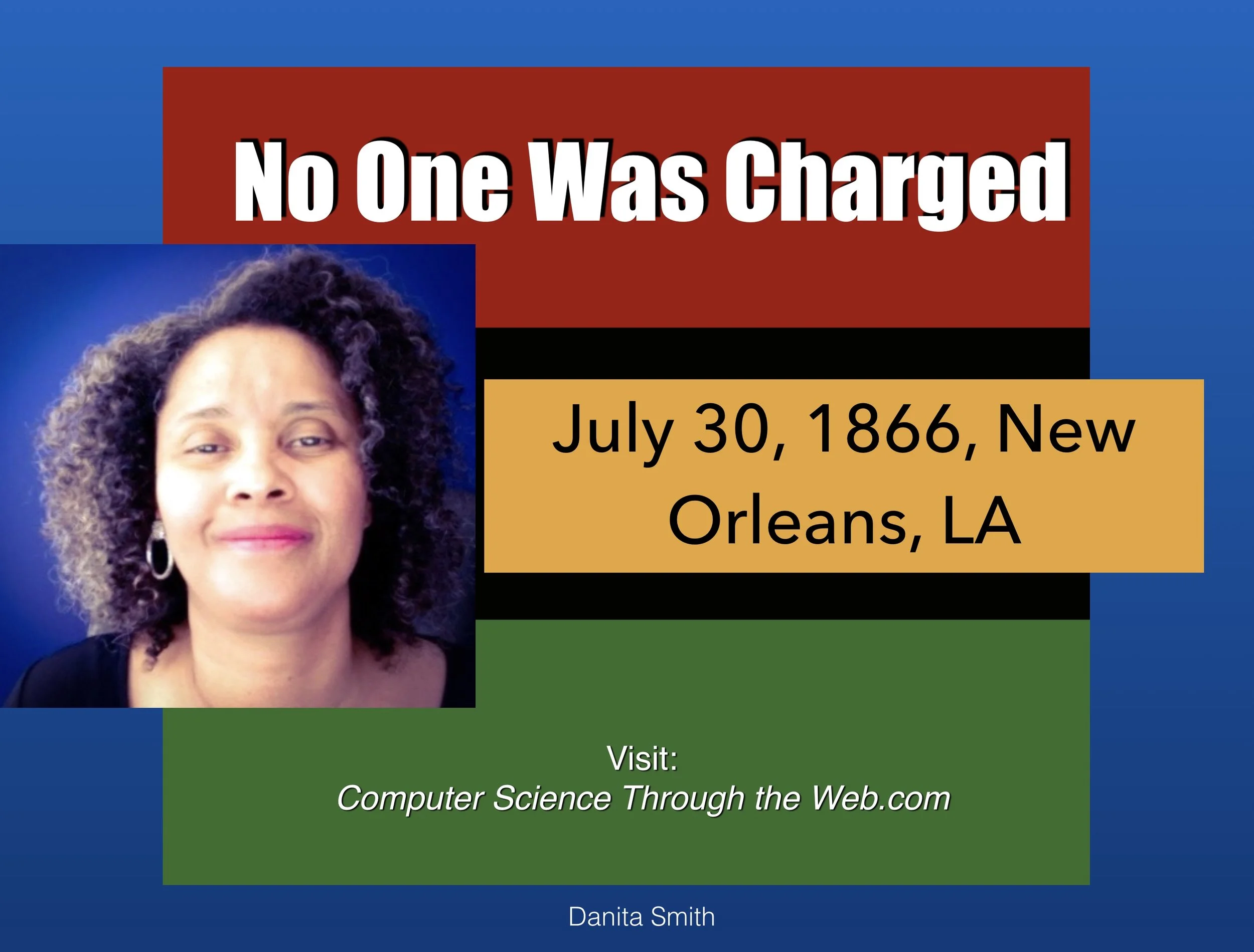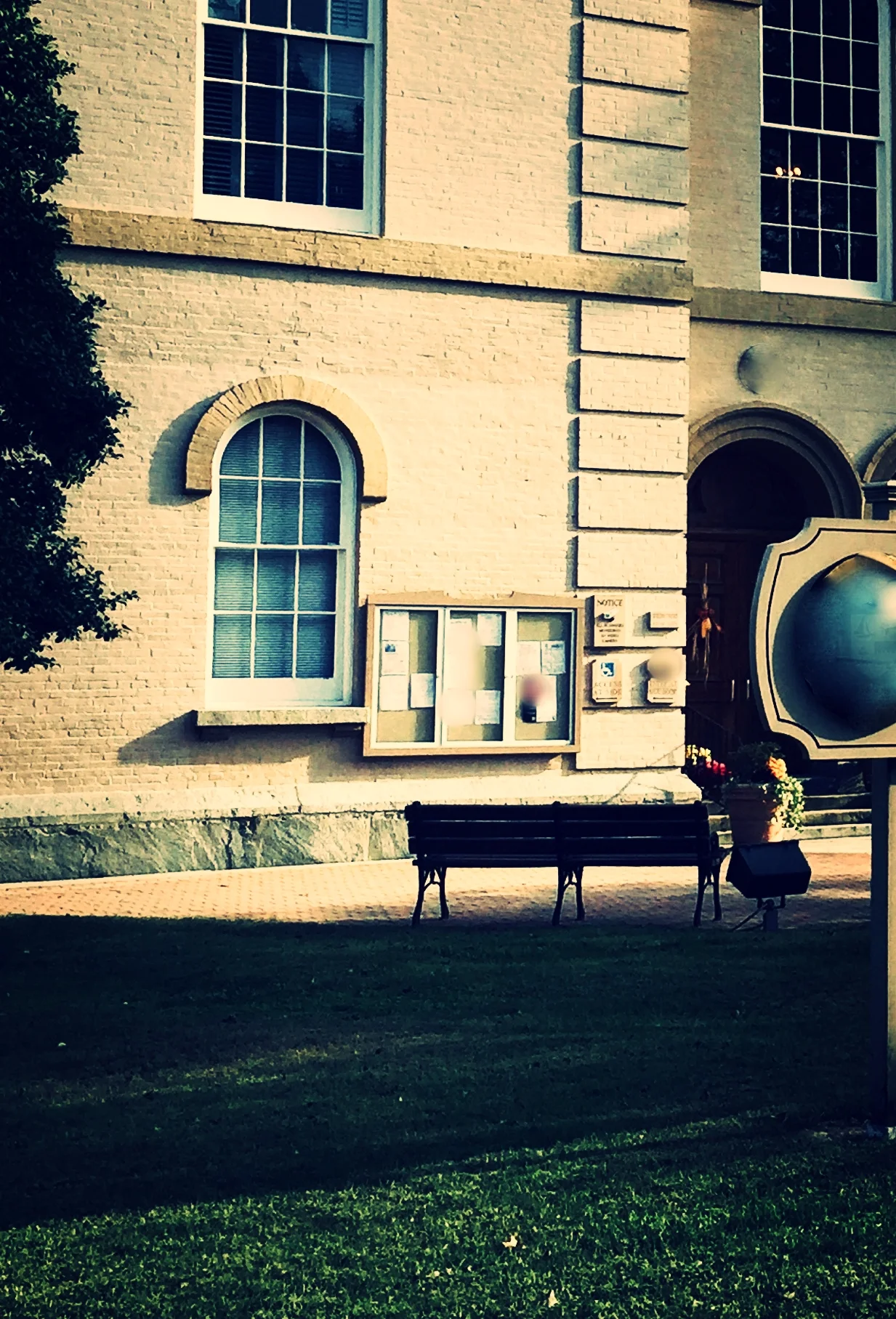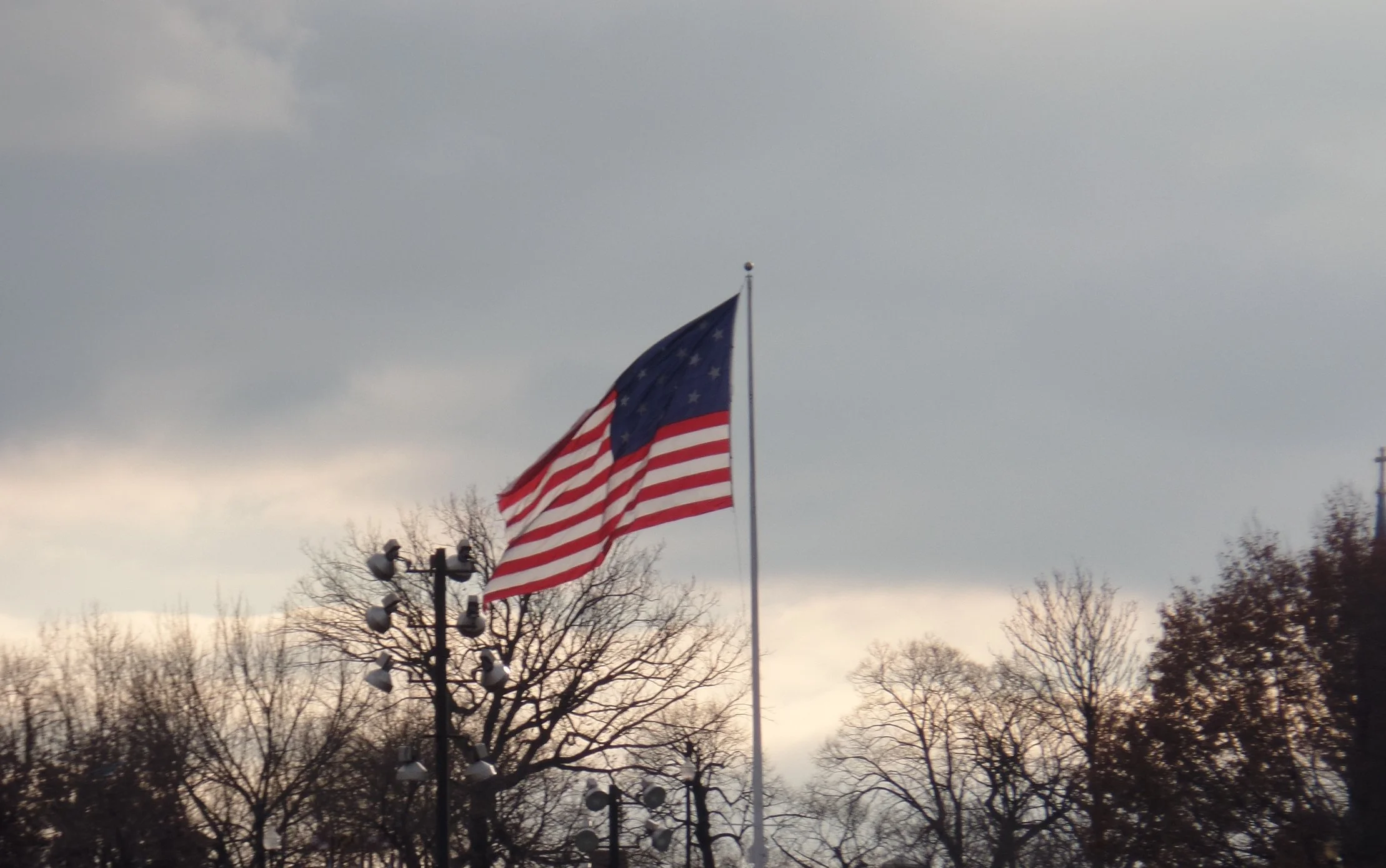My new mistress proved to be all she appeared when I first met her at the door,—a woman of the kindest heart and finest feelings. She had never had a slave under her control previously to myself, and prior to her marriage she had been dependent upon her own industry for a living. She was by trade a weaver; and by constant application to her business, she had been in a good degree preserved from the blighting
Read MoreAs to my own treatment while I lived on Colonel Lloyd's plantation, it was very similar to that of the other slave children. I was not old enough to work in the field, and there being little else than field work to do, I had a great deal of leisure time. The most I had to do was to drive up the cows at evening, keep the fowls out of the garden, keep the front yard clean, and run of errands for my old master's daughter, Mrs. Lucretia Auld. The most of my leisure time I spent in helping Master Daniel Lloyd in finding his birds, after he had shot them. My connection with Master Daniel was of some advantage to me
Read More…Mr. Austin Gore, a man possessing, in an eminent degree, all those traits of character indispensable to what is called a first-rate overseer. Mr. Gore had served Colonel Lloyd, in the capacity of overseer, upon one of the out-farms, and had shown himself worthy of the high station of overseer upon the home or Great House Farm.
He was just the man for such a place, and it was just the place for such a man.
Read MoreColonel Lloyd kept a large and finely cultivated garden, which afforded almost constant employment for four men, besides the chief gardener, (Mr. M'Durmond.) This garden was probably the greatest attraction of the place. During the summer months, people came from far and near—from Baltimore, Easton, and Annapolis—to see it. It abounded in fruits of almost every description, from the hardy apple of the north to the delicate orange of the south. This garden was not the least source of trouble…
Read MoreThe men and women slaves received, as their monthly allowance of food, eight pounds of pork, or its equivalent in fish, and one bushel of corn meal. Their yearly clothing consisted of two coarse linen shirts, one pair of linen trousers, like the shirts, one jacket, one pair of trousers for winter, made of coarse negro cloth, one pair of stockings, and one pair of shoes; the whole of which could not have cost more than seven dollars.
Read MoreMy mother was named Harriet Bailey. She was the daughter of Isaac and Betsey Bailey, both colored, and quite dark. My mother was of a darker complexion than either my grandmother or grandfather.
Read MoreIn December of 1863, Lincoln issued a Proclamation of Amnesty and Reconstruction which gave really an olive branch to Confederate states that wished to rejoin the Union, even though the Civil War wasn’t quite over, yet. This proclamation allowed for the consideration of readmission to take place if ten percent of a state’s voters took an oath of loyalty to the Union and if other conditions were met, namely the abolition of slavery and respect for the laws of the United States.
Read MoreOn May 30, 1921 a young man named Dick Rowland, who was about 19 years old, got on an elevator in the Drexel Building, on South Main St.
He entered the elevator and, in some way, came in contact with Sarah Page, who was the elevator’s operator. She was about 17 years old. Sarah let out a scream and a clerk in a nearby store heard her yell, Dick Rowland ran from the scene, and the store clerk called the police.
Read MoreErnest Everett Just was born on August 14, 1883 in Charleston, South Carolina. He was an exceptionally bright child…as a teenager he enrolled in the school that would become South Carolina State College, in Orangeburg, SC. He eventually studied at Kimball Union Academy in Meriden, New Hampshire and then went on to study at Dartmouth College where he graduated magna cum laude in 1907 as a Rufus Choate scholar.
Read MoreIf there were a few words that could sum up Mrs. Fanny Jackson-Coppin they would be, “excellence in education.” Mrs. Jackson-Coppin spent decades as an educator and as a principal, at a time when women, especially women of color, weren’t given many opportunities to lead. She stepped into leadership roles and was rarely challenged due to the remarkable commitment and professionalism she displayed.
Read MoreDaniel Howard, a twenty-year-old African-American man, attended a political rally on September 19, 1868. He was one of hundreds of African Americans to attend this rally.
You see, earlier that month Democrats (along with some Republicans) in the state’s legislature moved to remove ALL African-American lawmakers from office that had been recently elected, earlier that year. They contended that African Americans were not given the express right to hold office and they, therefore, voted to unseat them.
Read MoreJames Armistead was born in the 1700s. He was enslaved by a man named William Armistead in Virginia.
Virginia would turn out to be an important stage for what would effectively be the last major conflict of the Revolutionary War.
Read MoreJames Weldon Johnson was born on June 17, 1871 to Helen and James Johnson. His mother was a school teacher and his father...a waiter. Both of his parents stressed the importance of education to their children.
Read MoreIn July of 1826 Sojourner Truth simply walked away from slavery, with her youngest child. She didn't run...she didn't go very far...she simply decided she wasn't going to be a slave anymore.
Some years earlier the New York state legislature passed two laws, gradually emancipating slaves. The laws essentially provided that all adult slaves would be set free on July 4, 1827 and any child, born after a certain date, to an enslaved mother, would have to work for the mother's owner until the age of 21—at which time the child would also be free.
Read More"Fellow-Citizens—Pardon me, and allow me to ask, why am I called upon to speak here to-day? What have I, or those I represent, to do with your national independence? Are the great principles of political freedom and of natural justice, embodied in that Declaration of Independence, extended to us? and am I, therefore, called upon to bring our humble offering to the national altar, and to confess the benefits, and express devout gratitude for the blessings, resulting from your independence to us?
Read MoreWilliam Henry Johnson was born in Winston Salem, North Carolina in 1892. While still a teenager, Johnson moved to New York...he was an industrious young man and found work as a soda mixer, in a coal yard, as a chauffeur, and eventually as a redcap porter in Albany’s train station.
In April of 1917 the United States declared war on Germany and, just two months later, William Henry Johnson volunteered to serve his country—he enlisted on June 5, 1917.
Read MoreIn June of 1775, Revolutionary forces got word of a British plan to capture high areas around Boston in an effort to squash the Colonial uprising. Colonial forces, made up of about 1,000 men from Connecticut and Massachusetts marched to an area on the Charlestown peninsula to lay claim to this area before British troops could get there.
Colonial leaders hoped to fortify an area called Bunker Hill. So on the night of June 16, 1775, Revolutionary forces marched to the Charlestown peninsula to set up a fortified area, in anticipation of the British advancement.
Read MoreBiddy Mason was born, enslaved, in Hancock, Georgia in 1818. Her owner, Robert Smith, later moved to Mississippi where he became acquainted with the Mormon religion. The mid-1800s were a tumultuous time in American politics and 1850 was an important year, in many ways.
Unbeknownst to Biddy Mason, decisions being made about California and Utah were about to have a significant impact on her life.
Read MoreGeorge Thomas Downing was born in 1819, in New York City. His father was the well-known businessman, Thomas Downing. Thomas Downing moved to New York, in the early 1800s, and eventually opened up what would become a very successful business—a restaurant called the Oyster House
Read MoreIn 1919 more than 20 different racially violent events took place throughout the United States, from May of 1919 to October of 1919. The events were so violent that this time span became known as the “Red Summer.”
NOTE: THE CONTENT OF THIS POST IS VERY GRAPHIC.
Read More


















